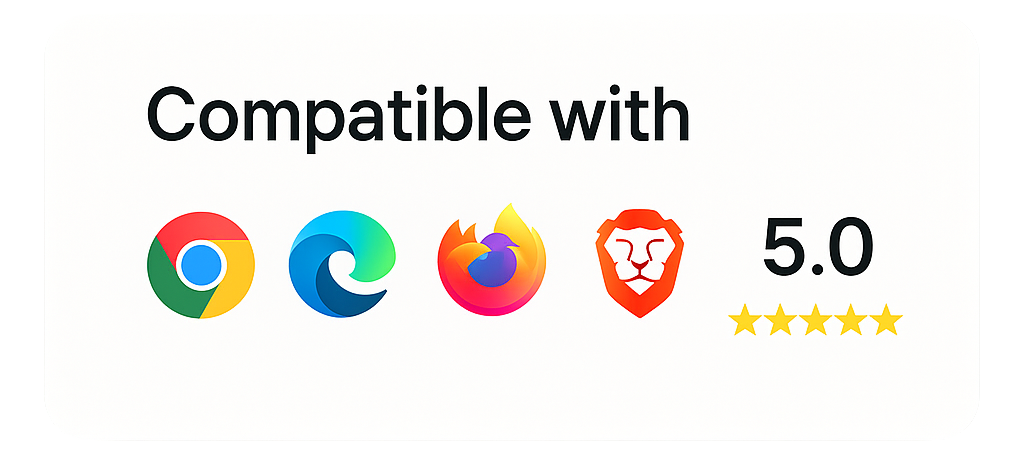By the time you finish reading this, you’ll never hear your favorite song the same way again.
In 2018, a nurse named Eliana shared something strange with me. Her grandfather, diagnosed with Alzheimer’s, couldn’t remember her name—until she played him an old tango, retuned to 432 Hz.
“He started crying,” she told me. “He said he could feel the music again. It wasn’t noise—it was truth.”
I didn’t believe her. Honestly, it sounded like some fringe pseudoscience. But curiosity got the better of me.
I went down the rabbit hole.
🎼 The Frequency War You Were Never Told About
Most music you hear today—on YouTube, Spotify, Apple Music—is tuned to 440 Hz. It became the “standard” tuning in 1953 after being pushed by a few powerful institutions (yes, really—look it up).
But long before that, many instruments were tuned to 432 Hz, believed by ancient cultures—from Greeks to Tibetans—to be in harmony with the natural vibrations of the Earth, the universe, and the human body.
Even Nikola Tesla hinted:
“If you want to find the secrets of the universe, think in terms of energy, frequency and vibration.”
The deeper I dug, the more unsettling it became.
😣 The 440 Hz Problem
440 Hz isn’t just arbitrary. Many believe it’s disruptive—a frequency that agitates the nervous system. It disconnects us from our intuition, from peace, from presence.
Thousands of musicians, healers, and listeners claim they feel anxious, restless, and disconnected when listening to music in 440 Hz.
But when that same music is retuned to 432 Hz?
Something changes.
- The mind quiets.
- The body loosens.
- The heart… opens.
👂 I Had to Test It
I retuned a few songs I loved—some classic rock, some lo-fi beats, even a Billie Eilish track.
And I’ll be honest:
It didn’t just sound better. It felt like I was hearing the real version of the song—the one that was meant to exist.
That night, I slept through till morning for the first time in months.
I kept testing. And I kept feeling things I didn’t expect:
- Peace while driving through traffic.
- Goosebumps from songs I was bored of.
- Tears during a jazz solo I’d heard a hundred times.
🔥 And Then I Found This
The tipping point came when I discovered a simple browser extension that lets you retune any song on YouTube, YouTube Music, or Apple Music—from 440 Hz to 432 Hz, 528 Hz, 963 Hz, or any of the ancient Solfeggio Frequencies.
I didn’t need to download anything. I didn’t need to be tech-savvy. I just clicked “play,” and the music was reborn.
👉 Click here to get the extension now.
💬 Why It Went Viral in My Friend Group
I told one friend—just one—about the extension.
She was skeptical… until she retuned an ambient playlist to 963 Hz before her meditation. She said it was like the sky opened. Her breath slowed. Her shoulders dropped.
Within 48 hours, she had told 23 people.
One was a sound engineer who texted:
“This extension is going to be the biggest shift in music since streaming.”
🌎 This Isn’t a Trend. It’s a Homecoming.
This isn’t about “woo” or magic. This is about taking back your right to feel.
The music industry decided for you what your body hears. But with one click, you can take that power back.
Whether you choose:
- 432 Hz for grounding and clarity
- 528 Hz for heart healing and transformation
- 963 Hz for awakening and intuition
You’ll realize: you’ve never really heard your music until now.
🚨 Here’s What You Must Do Right Now:
If you:
- Meditate
- Heal
- Listen deeply
- Create music
- Work with energy
- Or simply love music that feels alive…
Then you must retune your music now.
This is not a luxury. It’s the real version of what you’ve always loved.
👉 Click here to get the extension now.
You will feel the difference the very first time.
And when you do, you’ll know what to do next.
Send this story to everyone you care about.
Don’t explain it.
Just say: “You need to hear this.”
They’ll thank you later.
(And maybe cry a little too.)



